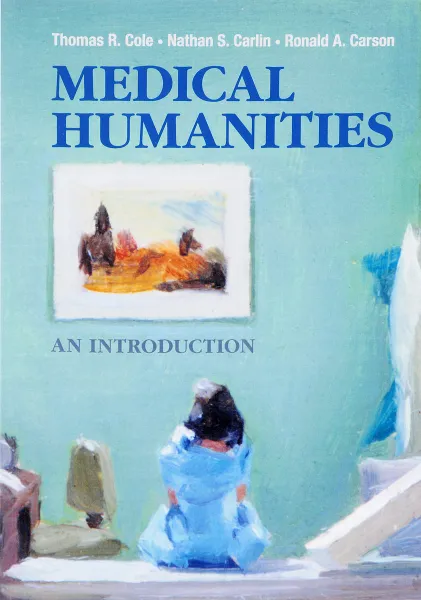Medical Humanities: An Introduction
2017
Переплёт: Мягкая обложка, 464 страницы
Категория: Учебная литература
ISBN: 978-1-107-61417-8
📘 This textbook brings the humanities to students in order to evoke the humanity of students. It helps to form individuals who take charge of their own minds, who are free from narrow and unreflective forms of thought, and who act compassionately in their public and professional worlds. Using concepts and methods of the humanities, the book addresses undergraduate and pre-med students, medical students, and students in other health professions, as well as physicians and other health care practitioners. It encourages them to consider the ethical and existential issues related to the experience of disease, care of the dying, health policy, religion and health, and medical technology.
Case studies, primary sources, and images actively engage students in the practical, interpretive, or analytical aspects of the materials.
Exercises (including questions for discussion, role playing, and suggested writing exercises) encourage critical thinking and character formation.
Further resources (including suggested reading and viewing) are included, and lists of relevant journals and related organizations are noted.
Мнения
